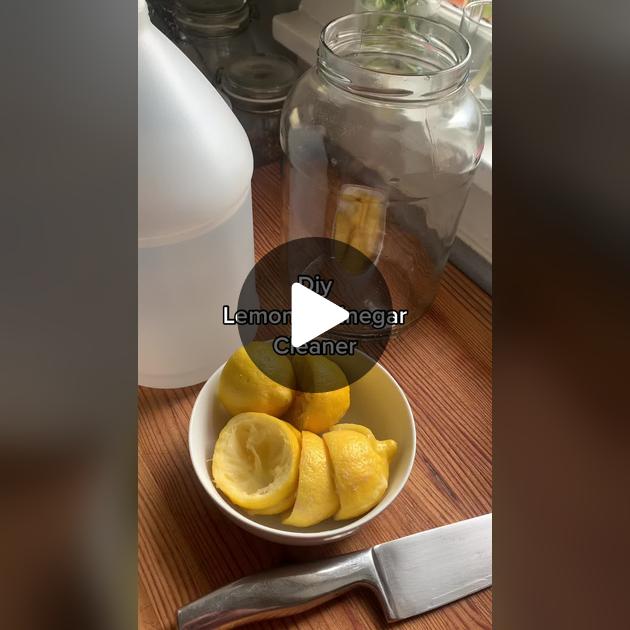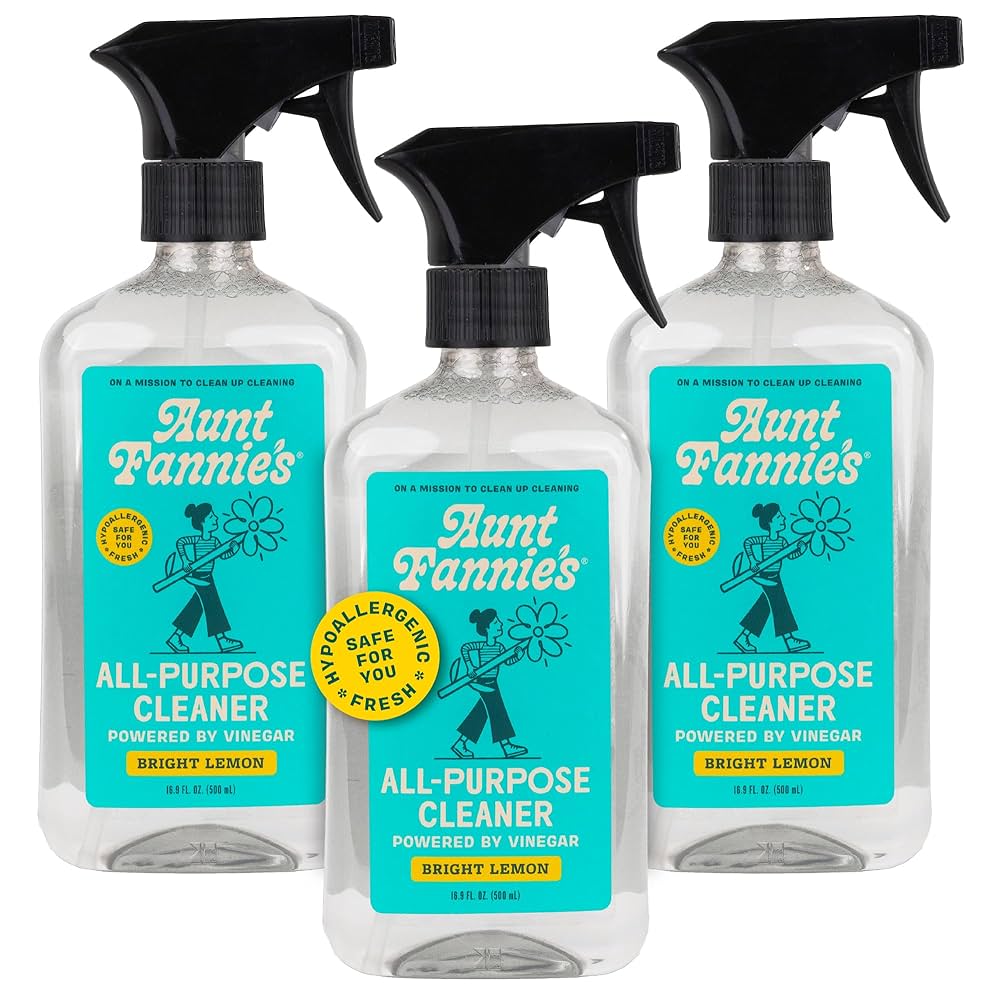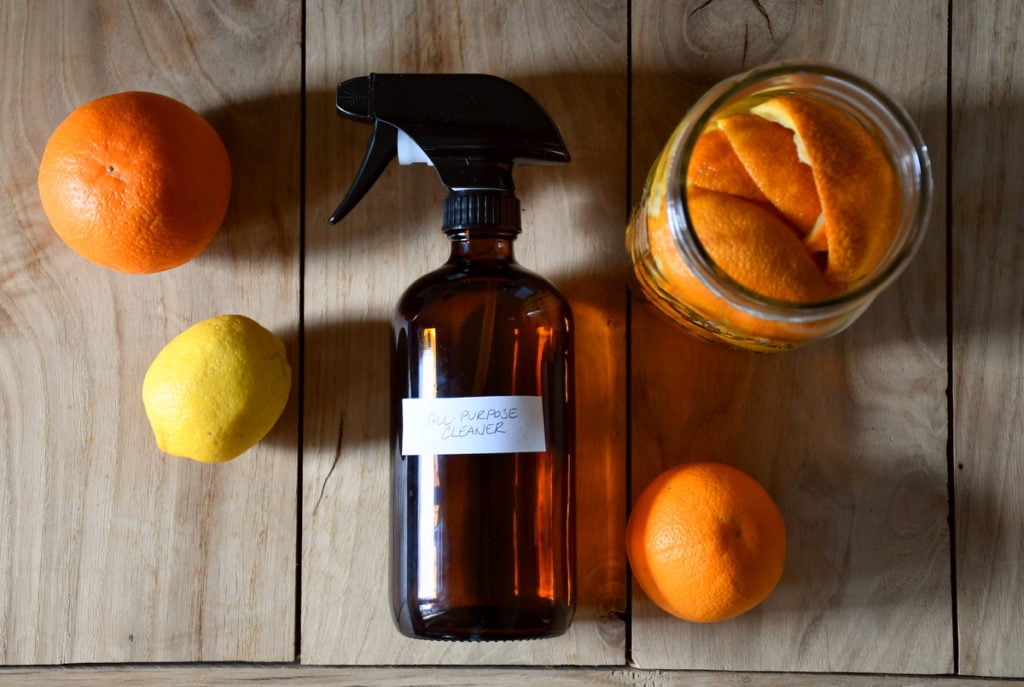
Beyond the Zest: Natural Cleaning Power of Citrus Peels
The aroma of freshly squeezed orange juice on a sunny morning… the tangy zest of lemon brightening up a homemade vinaigrette… citrus is undeniably a sensory delight. But what happens to the peels after we've enjoyed their flavorful goodness? All too often, they end up in the trash, a missed opportunity staring us right in the face. As homesteaders passionate about sustainable living, we're always looking for ways to reduce waste and embrace natural solutions. It can feel overwhelming at times, juggling garden chores, animal care, and keeping our homes clean and tidy, all while striving to live a more eco-conscious life. But what if I told you that those citrus peels could be the answer to simplifying your cleaning routine and minimizing your impact on the planet?

A bowl overflowing with citrus peels bathed in sunlight, representing the potential for natural cleaning.
This post will guide you through creating simple, effective cleaning solutions using citrus peels, transforming what was once waste into a powerful resource. We'll explore the science behind their cleaning abilities, dive into easy-to-follow recipes, and discover practical ways to incorporate citrus into your homestead cleaning routine, all while reducing waste and bringing the fresh, natural scent of citrus into your home. Get ready to unlock the hidden potential within those peels!
Understanding the Cleaning Power of Citrus Peels
What makes citrus peels so effective at cleaning? The secret lies in a compound called d-limonene. This naturally occurring solvent is a powerful degreaser and cleaner, capable of breaking down grease, grime, and even certain adhesives. It’s the same compound that gives citrus fruits their distinctive, uplifting scent.

A close-up shot of a citrus peel with a dropper of essential oil, highlighting the concentration of beneficial compounds.
Beyond its cleaning power, using citrus cleaners offers several key benefits:
- Non-toxic: Unlike many conventional cleaners, citrus-based solutions are generally safe for your family and pets when used properly.
- Biodegradable: They break down naturally in the environment, minimizing your ecological footprint.
- Refreshing Scent: Forget harsh chemical smells. Citrus cleaners leave behind a clean, invigorating aroma.
- Readily Available: If you consume citrus fruits, you already have the raw materials on hand.
A Word of Caution: While generally safe, it's always wise to exercise caution. Avoid using undiluted citrus oil or strong citrus-based cleaners on delicate surfaces like marble or wood, as they could potentially cause damage. Always test in an inconspicuous area first.
Key Takeaway: Citrus peels contain d-limonene, a powerful and safe cleaning agent, making them an excellent alternative to harsh chemicals.
Method 1: Citrus-Infused Vinegar Cleaner
This is perhaps the easiest way to harness the cleaning power of citrus. Vinegar is a natural disinfectant and deodorizer, and when infused with citrus peels, it becomes even more potent and pleasant to use.
What You’ll Need:
- Glass jar with a lid
- Citrus peels (from lemons, oranges, grapefruits, limes, or a combination)
- White vinegar
- Strainer
- Spray bottle
Instructions:
- Collect Your Peels: As you consume citrus fruits, save the peels. Make sure they are clean and free of any debris. You can use fresh or dried peels.
- Fill the Jar: Pack the citrus peels into the glass jar, filling it about two-thirds full.
- Pour in the Vinegar: Pour white vinegar over the peels, ensuring they are completely submerged.
- Infuse: Seal the jar and store it in a cool, dark place for 2-4 weeks to allow the citrus oils to infuse into the vinegar.
- Strain: After the infusion period, strain the vinegar through a strainer or cheesecloth to remove the peels.
- Pour into a Spray Bottle: Pour the citrus-infused vinegar into a spray bottle, and it's ready to use!
Tips for Maximizing Effectiveness:
- Use organic citrus fruits whenever possible to avoid introducing pesticides into your cleaner.
- Shake the spray bottle before each use to ensure the oils are evenly distributed.
- Dilute the vinegar with water (1:1 ratio) for more delicate surfaces.
Specific Uses:
- All-Purpose Cleaner: Use it to clean countertops, sinks, and other surfaces.
- Degreaser: Spray it on greasy stovetops or oven doors and let it sit for a few minutes before wiping clean.
- Glass Cleaner: Dilute with water for streak-free windows and mirrors.

A mason jar filled with citrus peels submerged in vinegar, illustrating the infusion process.
Key Takeaway: Citrus-infused vinegar is a versatile cleaner that can be easily made at home with minimal effort and ingredients.
Method 2: Citrus Peel All-Purpose Spray
For a gentler, yet effective cleaning solution, try this citrus peel all-purpose spray.
What You'll Need:
- Citrus Peels (lemon, orange, grapefruit, or a combination)
- Distilled Water
- Witch Hazel
- Essential Oils (optional, such as lemon, orange, or rosemary)
- Spray Bottle
Instructions:
- Infuse the Water: Place citrus peels in a jar and cover them with distilled water.
- Let it Sit: Allow the mixture to infuse for 1-2 weeks.
- Strain the Liquid: Strain the liquid to remove the peels.
- Combine Ingredients: In a spray bottle, mix the infused water with witch hazel (approximately a 2:1 ratio of infused water to witch hazel). Add 5-10 drops of your favorite essential oils for extra cleaning power and fragrance.
- Shake Well: Shake the bottle well before each use.
Tips for Maximizing Effectiveness:
- Use fresh, organic citrus peels for the best results.
- Experiment with different essential oil combinations to create your favorite scent.
- Store in a dark glass bottle to protect the essential oils from light degradation.
Specific Uses:
- Countertop Cleaner: Spray and wipe down countertops after cooking or cleaning.
- Bathroom Cleaner: Use on sinks, toilets, and shower surfaces.
- Air Freshener: Spritz around the room to freshen the air.

Rustic spray bottles containing citrus all-purpose spray, with sprigs of rosemary for added fragrance and cleaning power, displayed on a countertop.
Key Takeaway: Citrus peels, when infused with other natural cleaning agents, can create a powerful and aromatic cleaning solution.
Method 3: Citrus Enzyme Cleaner (Garbage Enzyme)
This method takes a bit more time and effort, but the result is a potent, all-natural cleaner that can tackle even the toughest messes. Citrus enzyme cleaner, also known as garbage enzyme, is created through a fermentation process that breaks down organic matter and produces beneficial enzymes.
What You’ll Need:
- Plastic container with a lid (avoid glass, as pressure can build up during fermentation)
- Citrus peels (from any citrus fruit)
- Brown sugar or molasses
- Water
Recipe:
- 1 part brown sugar or molasses
- 3 parts citrus peels
- 10 parts water
Instructions:
- Combine Ingredients: In the plastic container, combine the brown sugar (or molasses), citrus peels, and water.
- Stir Well: Stir the mixture well to dissolve the sugar.
- Ferment: Seal the container loosely (allowing for gas to escape) and store it in a cool, dark place.
- Release Gas: For the first two weeks, release the gas buildup by opening the container briefly every day. After two weeks, you can reduce this to every few days.
- Fermentation Time: Allow the mixture to ferment for at least 3 months. The longer it ferments, the more potent it becomes.
- Strain: After the fermentation period, strain the liquid through a cheesecloth to remove the solids.
- Store: Store the enzyme cleaner in a clean plastic bottle.
Uses:
- Drain Cleaner: Pour a cup down the drain to break down grease and food buildup.
- Composting Aid: Add to your compost bin to accelerate decomposition.
- Multi-Purpose Cleaner: Dilute with water (1:10 ratio) for general cleaning tasks.
Safety Precautions:
- Always use a plastic container for fermentation to avoid breakage due to pressure buildup.
- Release gas regularly during the fermentation process to prevent explosions.
- Avoid contact with eyes and skin. If contact occurs, rinse thoroughly with water.

A plastic container with a bubbling citrus enzyme cleaner on a countertop, demonstrating the fermentation process.
Key Takeaway: Citrus enzyme cleaner is a powerful, long-lasting cleaning solution made through fermentation, ideal for tough cleaning tasks.
Putting Citrus Cleaning to the Test: Problem-Solving Scenarios
Now that you have your citrus cleaning solutions, let's see them in action! Here are a few common household cleaning challenges and how to tackle them with your homemade remedies:
- Scenario 1: Removing Hard Water Stains: Spray citrus-infused vinegar on hard water stains on faucets and showerheads. Let it sit for 15-20 minutes, then scrub with a brush or sponge. Rinse thoroughly with water.
- Scenario 2: Freshening a Garbage Disposal: Toss a few citrus peels down the garbage disposal and run it with cold water for a few seconds. The peels will help to dislodge food particles and freshen the disposal.
- Scenario 3: Deodorizing a Refrigerator: Place a small bowl of baking soda mixed with a few drops of citrus essential oil or a small bowl of citrus peels in the refrigerator to absorb odors.
- Scenario 4: Cleaning Soap Scum in the Shower: Spray citrus cleaner on soap scum in the shower and let it sit for a few minutes. Scrub with a brush or sponge and rinse with water.

A clean shower head with a sparkling faucet, illustrating the effectiveness of citrus cleaners in removing hard water stains.
Key Takeaway: Citrus cleaners are effective for a variety of household cleaning tasks, tackling common problems naturally and sustainably.
Storing and Preserving Your Citrus Cleaning Solutions
Proper storage is essential to maintain the effectiveness of your homemade citrus cleaning solutions.
- Citrus-Infused Vinegar and All-Purpose Spray: Store in dark glass bottles to protect the oils from light degradation. Label each bottle with the contents and date of preparation. These solutions should last for several months when stored properly.
- Citrus Enzyme Cleaner: Store in a clean plastic bottle away from direct sunlight. Enzyme cleaner can last for years if stored properly.
Key Takeaway: Properly storing your citrus cleaning solutions will ensure their effectiveness and longevity, allowing you to enjoy their benefits for longer.
Conclusion: Embrace the Power of Citrus
Using citrus peels for natural cleaning is more than just a cleaning hack – it's a sustainable lifestyle choice that benefits both your home and the environment. By repurposing what would otherwise be waste, you're reducing your environmental footprint, saving money on cleaning supplies, and creating a healthier home for yourself and your family.
Small changes in cleaning habits can have a significant impact on the environment and your personal well-being. As homesteaders, we understand the importance of living in harmony with nature. Incorporating natural cleaning into your routine is a simple yet powerful way to embrace the slow-living principles that guide our way of life.

A smiling person happily cleaning a countertop with natural light streaming through the window, representing the joy and satisfaction of using natural cleaning products.
Call to Action
Ready to give citrus cleaning a try? Start with one of the recipes and share your experiences in the comments below! What's your favorite natural cleaning hack using citrus peels? Let's inspire each other to create a cleaner, healthier, and more sustainable homestead!